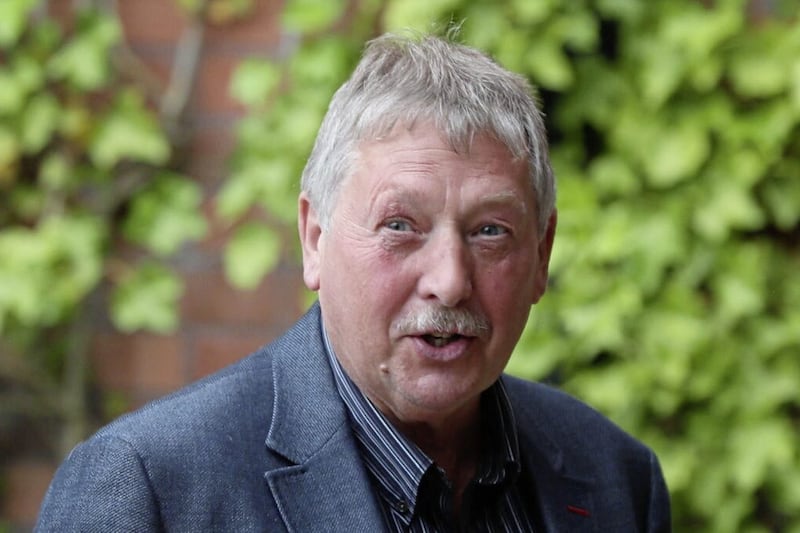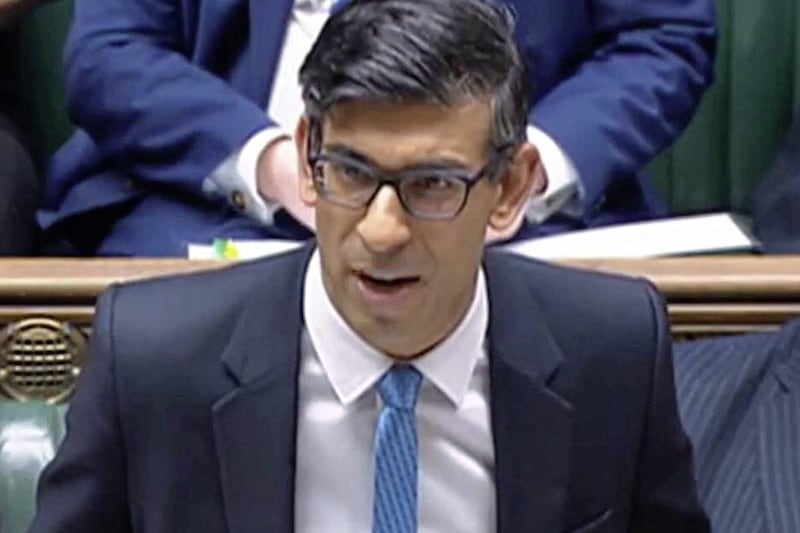Most observers who have assessed the motivation of the small number of hard-line Conservative MPs who constitute the European Research Group (ERG) quickly concluded that they are absolutely proud to associate themselves with attitudes from England’s distant past which are somewhere between eccentric and xenophobic.
They have a vision of their country which is firmly based in the 1950s, and they are not only hugely hostile towards any kind of links with Europe but also suspicious of anyone who is not from the region around London known as the home counties.
Very few ERG members have been to Ireland, north or south, or have any serious interest in events here, and they tend to regard elected representatives from Scotland and Wales with equal disdain.
When the dramatic upheaval surrounding the 2016 EU referendum precipitated a UK general election the following year, ERG figures suddenly found themselves having to embrace the ten DUP MPs who were left holding the balance of power at Westminster.
However, it should have been obvious to all concerned that the relationship was a temporary one which was likely to be abandoned as soon as the DUP had outlived its usefulness.
Jim Shannon, the DUP member for Strangford, clearly had a different perception and sounded deeply upset when he reflected yesterday on the rapidly changing stance of ERG figures over the issue of the backstop arrangements covering the border in Ireland.
"Disappointingly, from their point of view, some of those seem to have filtered away over the night," he said."They've not all changed their opinion, but they maybe see Brexit as a greater issue than the Union.’’
It may now be dawning on Mr Shannon and his colleagues that, when effectively presented with a choice between departing from the EU or maintaining all of the UK’s present constitutional structures, there was never much doubt in which direction the ERG would head.
ERG chair Jacob Rees-Mogg summed up his position calmly and coldly yesterday when he said, "Leaving the European Union, even leaving it inadequately and having work to do afterwards, is better than not leaving at all".
While Mr Rees-Mogg left himself wide open to suggestions of a U-turn, he would equally have been entitled to point to the blatant contradictions in the DUP’s stance.
The party declared that any backstop outcome which differentiated between areas of the UK was entirely unacceptable but simultaneously vetoed the extension of language and rights-based legislation across the Irish Sea.
Perhaps most strikingly, the DUP’s insistence on pushing a Renewable Heat Incentive scheme through Stormont which bore little resemblance to the version already successfully implemented in Britain had appalling long-term consequences for tax-payers.
The next stages in the Brexit debacle will be as chaotic as ever but all the indications are that the DUP’s ability to influence proceedings is decisively fading.







